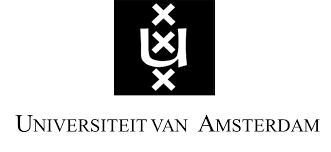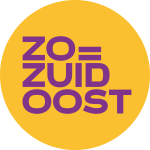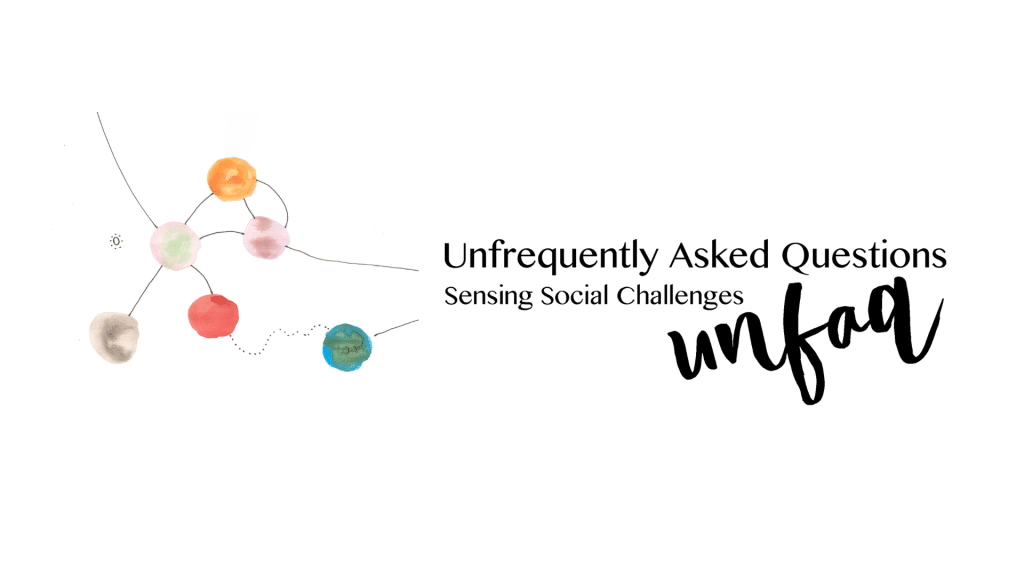Welzijnsdashboards Amsterdam
Meten wat er toe doet
Buurtbewoners en onderzoekers van de Universiteit van Amsterdam werken samen in dit project
Venserpolder
In Venserpolder deden we een eerste meting over 16 onderwerpen. Deze vormen samen een Welzijnsdashboard dat behoeften van de bewoners weergeeft. Drie onderwerpen vonden zij het belangrijkst:

Bewoners gaan in gesprek over welzijn
Veel bewoners voelen zich niet gezien door de gemeente en vinden dat die vaak de plank misslaat. Ook lokale ambtenaren en andere organisaties hebben moeite om de goede acties te ondernemen. Een Welzijnsdashboard laat zien hoe het met bewoners gaat. Daarvoor meten we onderwerpen die voor bewoners belangrijk zijn. Dit maakt het tot een menselijker meetinstrument voor de economie. En bewoners zijn zèlf medebeheerder.
Met deze cijfers in de hand kunnen bewoners in gesprek gaan met de gemeente en andere organisaties. Samen werken we aan oplossingen voor een betere buurt!

Onze aanpak:
We bouwen verder
Berichten en updates
Kwaku fesitval
Nederlandse tekst Tijdens het jaarlijkse Kwaku festival in Amsterdam Zuidoost was het Welzijnsdashboard meerdere weekenden aanwezig met de gloednieuwe ‘enquête kar’. Het festival bood de
Welzijnsdashboards G-Buurt, Reigersbos en in Nieuw-West
Vanaf april 2024 is het Welzijnsdashboard project van start gegaan in de G-Buurt (in samenwerking met G-Buurt United) en Reigersbos (in samenwerking met bewonersplatform Reigersbos)
Projecten studenten UvA
Het Welzijnsdashboard werkt nauw samen met de Universiteit van Amsterdam en ieder jaar kunnen masterstudenten zich aansluiten bij het project. Studenten van de master ‘International
Partners




